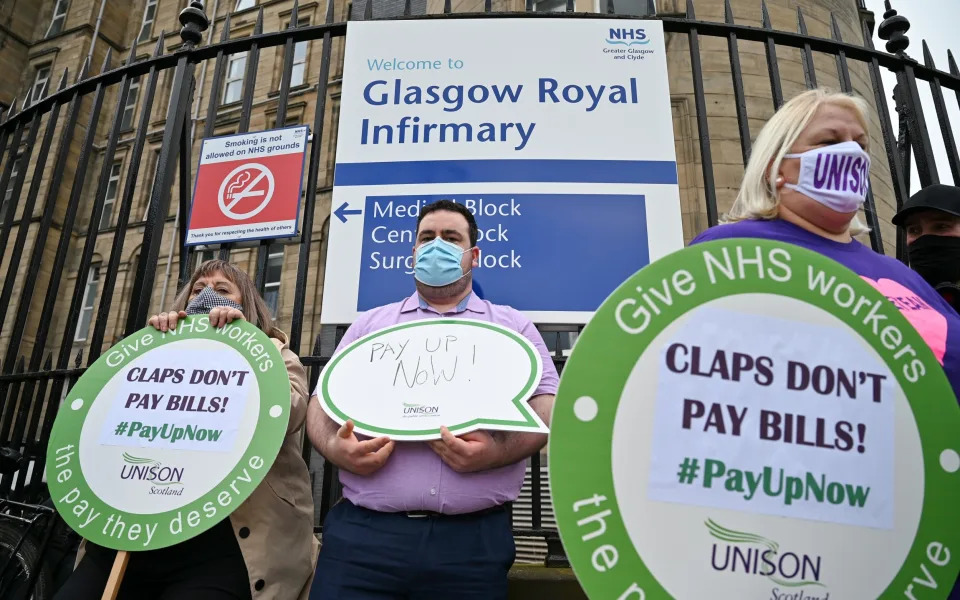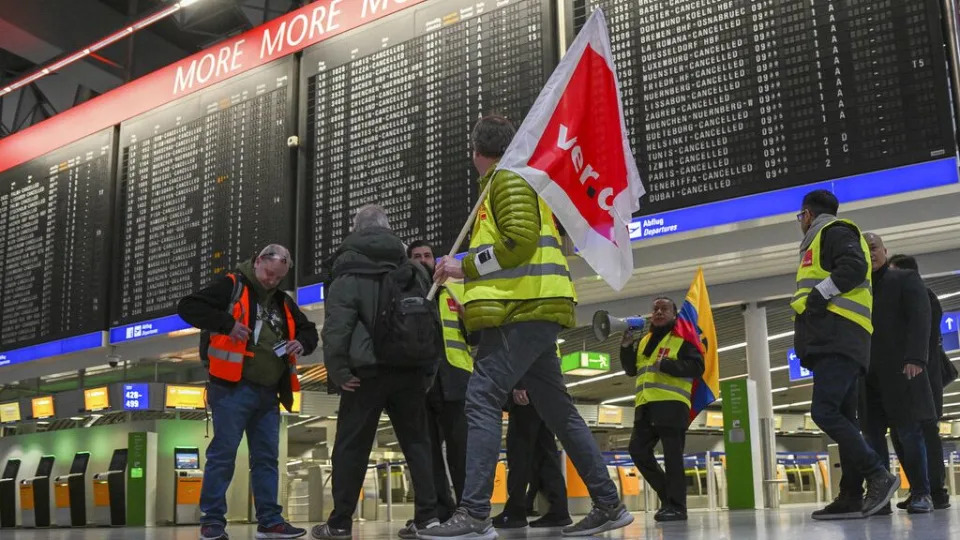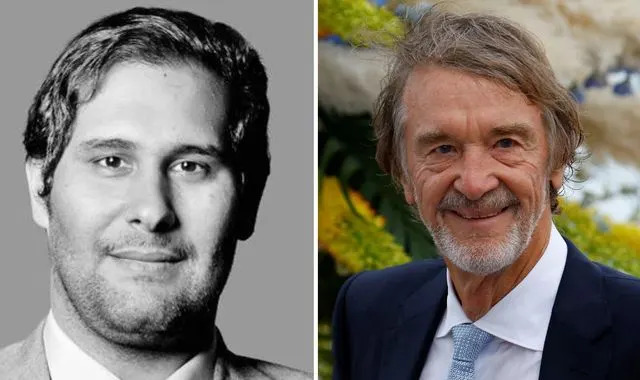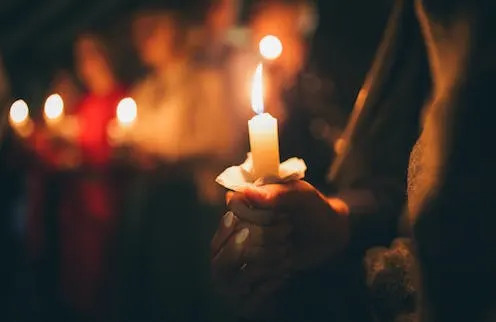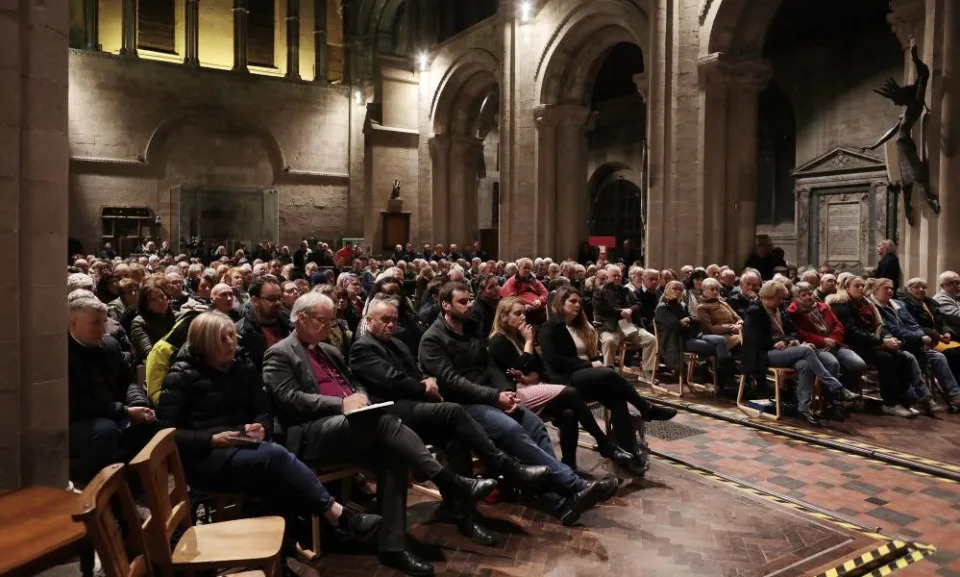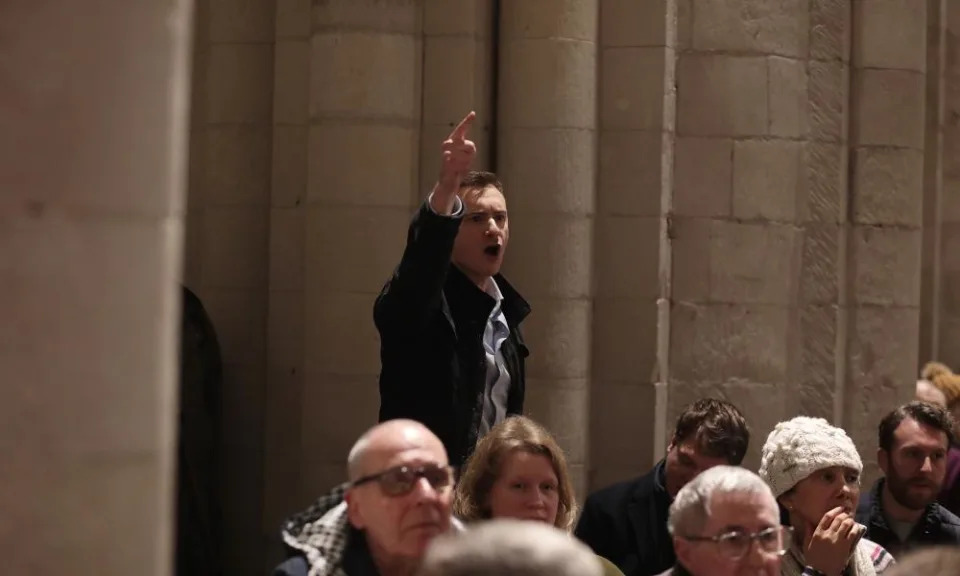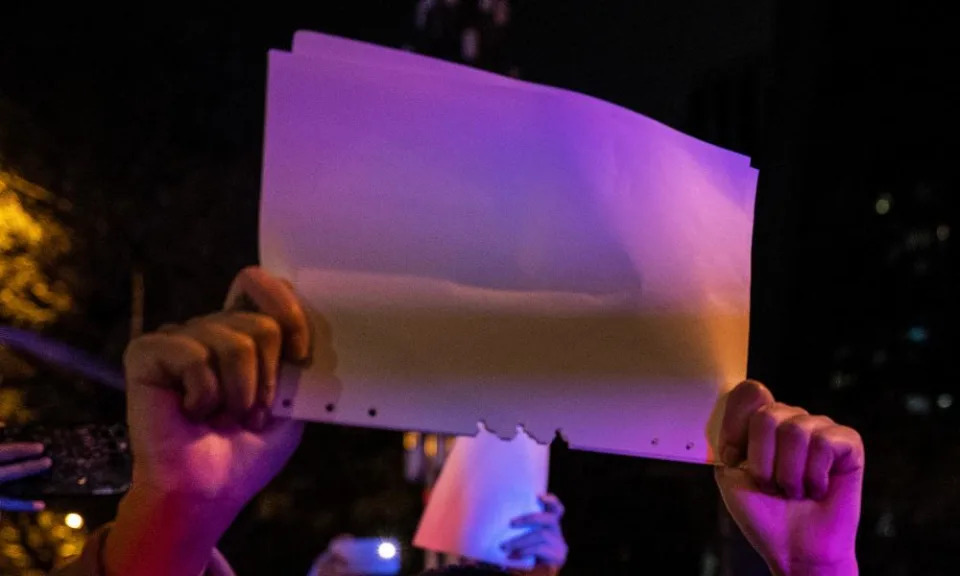Senior Russian military official ‘plunges 16 storeys to her death falling from window’
Andy Gregory
Fri, 17 February 2023 at 1:44 am GMT-7·2-min read
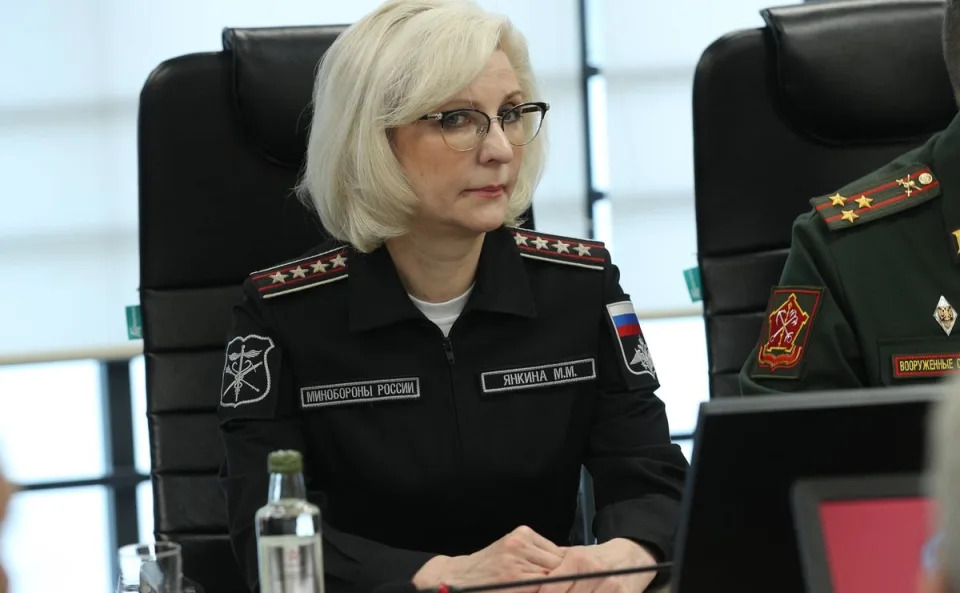
Senior Russian military official ‘plunges 16 storeys to her death falling from window’
A senior military official in Russia heavily involved in funding Vladimir Putin’s war in Ukraine has reportedly plummeted 16 storeys to her death in St Petersburg.
The body of Marina Yankina was found on the pavement below an apartment building in the city’s Kalininsky district shortly before 8am on Wednesday morning, according to local reports.
The 58-year-old was finance director of the Western Military District, one of the five geographical battalions which comprise Russia’s army, the leader of which Mr Putin has replaced multiple times since invading Ukraine last February.
The Western Military District confirmed one of its employees had died, but refused to comment further – instead pointing local outlets to the authorities investigating her death.
Ms Yankina called her ex-husband to let him know she was about to jump, and told him that she was leaving her documents and packed belongings on the balcony, a local Telegram news channel claimed, adding that “the motives continue to be clarified”.
Her personal belongings were left on a common balcony on the building’s 16th floor, according to Tsargrad TV, a self-styled Russian Fox News, whose founder is sanctioned by the West.
Reports from Russia were conflicted over whether or not Ms Yankina lived in the building.
She previously worked at Russia’s Federal Tax service, and rose to the position as chief of finance within five years of joining the Western Military District as an entry-level staff member, investigative outlet Meduza said, citing local reports.
She is the second senior Russian military official to die this week in circumstances reportedly deemed a suicide by authorities.
Major General Vladimir Makarov, who reportedly led the oppression of journalists, opposition activists and protesters in his role at the Main Directorate for Combating Extremism, was claimed to have shot himself on Monday, a month after being relieved of his post by Mr Putin.
Yankina's death comes after a number of Russian officials have died in unusual or unexplained circumstances since Putin launched his unprovoked war on Ukraine nearly a full year ago.
Anton Gerashchenko, an adviser to the Minister of Internal Affairs of Ukraine, pointed this out in a tweet on Thursday about Yankina's death.
Putin critic and sausage tycoon Pavel Antov died after falling out of a window at a hotel in India in December. Last September, 67-year-old Russian energy oligarch Ravil Maganov also died after falling from a hospital window, Insider reported at the time.
Anton Gerashchenko, an adviser to the Minister of Internal Affairs of Ukraine, pointed this out in a tweet on Thursday about Yankina's death.
Putin critic and sausage tycoon Pavel Antov died after falling out of a window at a hotel in India in December. Last September, 67-year-old Russian energy oligarch Ravil Maganov also died after falling from a hospital window, Insider reported at the time.

